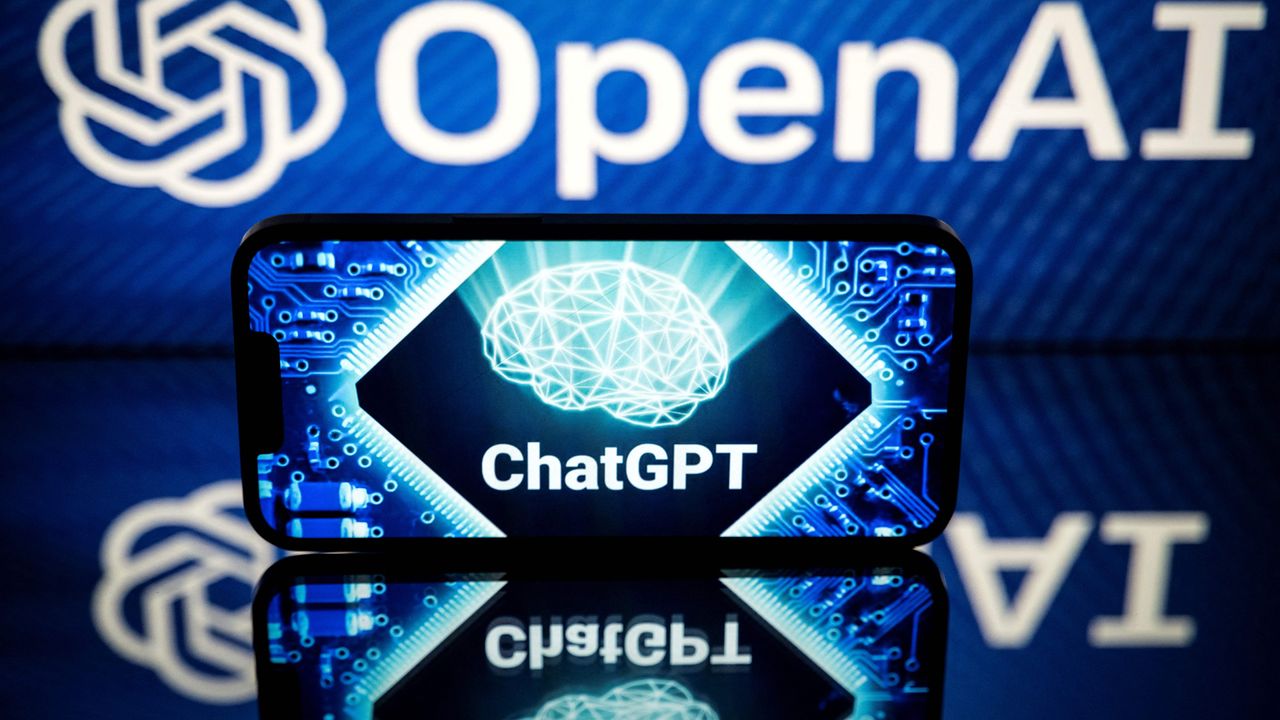Killing the smartphone ain’t easy business; just ask Sam Altman and Jony Ive. In May, the OpenAI CEO and former Apple chief designer announced that they would be making a real, tangible gadget you can eventually hold with your (presumably) real, non-chatbot hands—and not just any gadget. As part of a new company called IO, the two are making an AI gadget. The gadget, in the duo’s estimation, is a move beyond screens and a revolutionary “third core” device. It’s also, according to a new report, not going so well.
Per the Financial Times, the two tech heavyweights are working on “a palm-sized device without a screen that can take audio and visual cues from the physical environment and respond to users’ requests.” It also is “designed to sit on a desk or table,” though it’s also portable. They also have “yet to solve critical problems that could delay the device’s release.” What are those critical problems, you ask? Well, ya know, just basic stuff like getting the device to listen and also actually getting the compute power to make the device… work.
Citing an anonymous person familiar with the goings-on in IO: “Amazon has the compute for an Alexa, so does Google [for its Home device], but OpenAI is struggling to get enough compute for ChatGPT, let alone an AI device—they need to fix that first.”
I’m no AI genius, but methinks actually having a computer inside the computer would be a good start. I write “a good start” here, because apparently, even if this thing does have a brain, its “personality” has not been particularly conducive to killing your smartphone. In that apparent “personality” issue are actually multiple issues, so let’s start from the top; according to the Financial Times, IO’s device has a camera and microphones and is always listening. It’s also—if that wasn’t setting off enough alarms—pocketable and able to be carried with you everywhere you go, and, I would assume, recording everyone/everything you meet.
That is quite obviously a privacy nightmare, especially so considering OpenAI’s general stewardship of users’ digital information. Beyond that, it’s also an enormous challenge from a design standpoint., IO’s device is designed to listen in all the time and respond when appropriate, but the company is struggling with coding the device in such a way that it responds when you want it to and shuts up when you don’t. And you thought Google Home was bad.
So, to recap: Altman and Ive are struggling to power the device, make it useful, and are (by design) barreling towards another potential privacy landmine. You got all that? Oh, and to make matters even more fraught, the state of AI gadgets is arguably more disheveled than it’s ever been. Humane, the company that made that buggy, overpriced Ai Pin that didn’t do half of what the company promised, has been stripped for parts and sold to HP of all companies, so that’s one big name down.
Humane’s step brother, Rabbit, ain’t doing much better. The company recently revealed rabbitOS 2, which leans very hard into the idea of vibe coding your own apps and finally simplifies the R1’s UI to make it more touch-based like a smartphone. Whether any of that matters is another question. It’s been almost 1.5 years since the R1 was released, and it’s been crawling on life support since its very slow start.
Obviously, neither of those companies is as well-resourced and splashy as IO, but I’m not sure that the problem, at this point, is really one of resources. When it comes to AI gadgets, there is still a lot to be figured out, like: how do we make them work? Do people even want this? And should we really be walking around recording everything we do and say all the time in perpetuity? And yeah, money (engineering and R&D) may solve some of that, but it can’t buy a market for something people just don’t want. As is the way of Silicon Valley, it looks like Altman and Ive might be figuring that out in the most expensive way possible.




